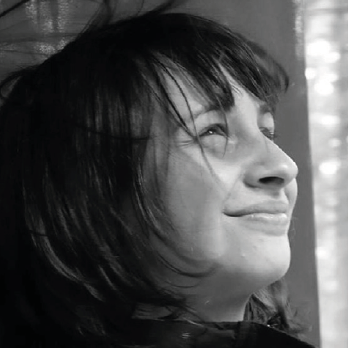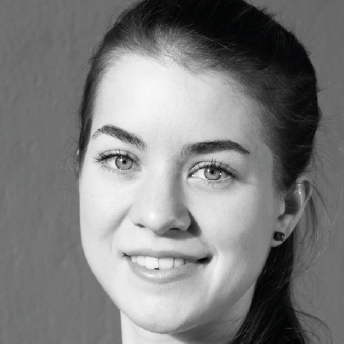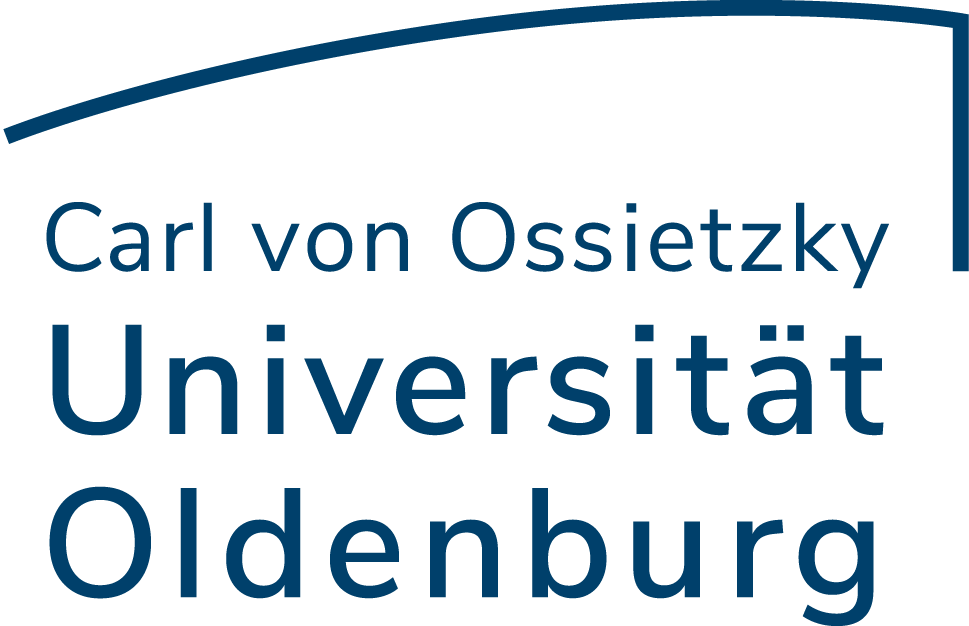Allgemeines
Lehrende
Julia Tschersich

Nina Gmeiner

Veranstaltung
Happiness without growth – discussion of well-being concepts as foundations for a degrowth society
Module
phi520 – Philosophie der Gesellschaft
phi540 – Akzentuierung
wir919 – Topics in Sustainability Economics and Management I
Studiengänge
Fach-Master: Philosophie, Water and Coastal Management, Sustainability Economics and Management
Fakultät
Fakultät II – Informatik, Wirtschafts- und Rechtswissenschaften
Institut
Department für Wirtschafts- und Rechtswissenschaften
Semester
WiSe 2018/19
Turnus
Wöchentlich
Anzahl Studierende
16
KP des Moduls
15 KP; 6 KP (Seminar: 3 KP)
Prüfungsform
Portfolio
Preis der Lehre 2018/19
Kategorie „Lehrveranstaltungsevaluation“
Kategorien
Forschendes Lernen
Preis der Lehre
Seminar
Theologie, Geschichte und Philosophie
Setting of the Seminar
This reading seminar was primarily focused on students of the Master’s program Sustainability Economics and Management (SEM) as one of their modules free for choice. We also opened it to Sociology and Philosophy Master students to enliven the course with interdisciplinary perspectives.
The seminar combined two topics: well-being and degrowth. Well-being is a central concept in Nina’s PhD thesis, which is conducted in the research project RightSeeds. Studying degrowth is an ongoing fascination for Julia – and many SEM students, who had requested courses on postgrowth economics in the evaluation of their master’s program. As such, we could both transport the topic to the students as a scientific discourse relevant for practice, and personally develop further insights.
Central to each session were in-depth discussions of well-being concepts and their possible application within degrowth societies with the students. Well-being exhibits a confusing, famously interdisciplinary research base. We aimed to disentangle different understandings of the concept and highlight how they interact with the formation of societies and their values. Degrowth, a young and vibrant field of studies, concerned with possibilities for future societies to cater to people’s needs within the ecological boundaries of our planet. It proved to be the perfect canvas to deliberate on valuable, societal well-being foundations.
Within the seminar, students were handed the tools needed to acquire intricate knowledge of a scientific discourse by themselves and apply their insights to a research question: Which understanding of well-being is promising to enable degrowth societies?
Learning Goals and Structure
The aim of the course was for students to
- Gain a critical overview of the main well-being concepts (Well-being, Happiness, Quality of Life, Flourishing, Life Satisfaction)
- Reflect on the possible contribution of different well-being concepts to the building of a degrowth society
- Strengthen critical thinking and scientific paper reading skills
- Develop skills in interdisciplinary debates
For the first two sessions, we prepared general inputs on
- the structure of the seminar,
- an overview of well-being research,
- an overview of degrowth scholarship,
- paper-reading skills and practices and
- critical thinking.
In general, the sessions were intended to give an introduction to the interdisciplinary well-being discourse and enable in-depth debate of its essential and up-to-date scientific papers.
Students were equipped with a reader containing seven essential peer-reviewed papers and book extracts by economists, psychologists and philosophers. Students were expected to prepare for the seminar by reading the respective text that was then discussed in the session: We started by developing general understanding of the text, then discussed its contribution to the scientific well-being discourse and finally pondered its fit towards degrowth principles.
To facilitate students’ acquisition of the texts, they assigned themselves to be “Criteria Ambassadors” to one of the following characteristics of well-being concepts: philosophical assumption (hedonic/eudaimonic), timeframe (short-/long-term), object of study (individual/society), measurement (subjective/objective) and adaptability (assumption of static/flexible preferences).
While preparing the respective text at home, students particularly focused on the contribution of the paper to the assigned characteristic, instead of trying to get all of the information at once. In the sessions, the contents of the paper were discussed and criticized using the critical thinking framework by Richard Paul and Linda Elder.
A portfolio was required for examination, consisting of contributions to the discussions in all sessions (ungraded) and a five-page seminar paper in the form of a Scientific Essay or Critical Review. The latter built on at least one of the discussed papers as core reference. A few sessions before the seminar papers were to be prepared, we gave another short input on the stylistic requirements of scientific essays and critical reviews.
Student’s Feedback
Acquiring in-depth knowledge of a scientific discourse from the start is a challenge. Because the seminar aimed for students to develop this understanding themselves (as opposed to us pointing out key elements of the papers from the start), it was important to us that the students found the best possible conditions to do so.
Therefore, after the third session, we asked for intermediary feedback and students could suggest adjustments. It was the second time we conducted a seminar of this format and had already learned from challenges of the previous course. Therefore, the only request this time was to provide more guiding questions before reading the texts. All in all the students liked the seminar structure. Discussing the main insights of the texts first gave them confidence for the later discussion of the text’s practical implications and critique.
They pointed out that they liked the setting of the seminar. We always created a round table in the room so everyone could participate, and did not use power point slides for the text’s discussions, but visualized details on the blackboard, if needed. This created a very vibrant and interactive atmosphere and might have contributed to the students’ splendid preparation throughout the course. That made teaching utmost fun. The students also appreciated the reader we printed for everybody and pointed out that it made reading the texts more flexible with regard to reading spaces.
